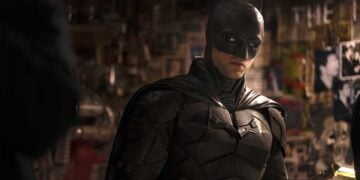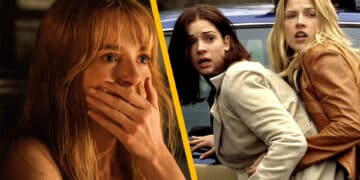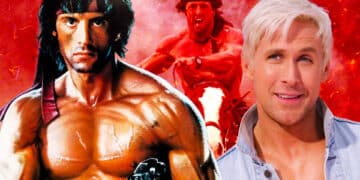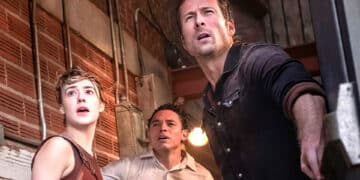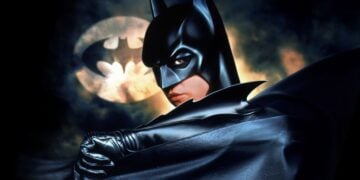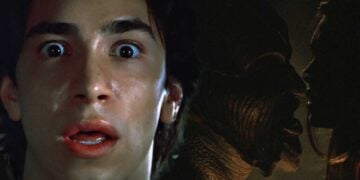Netflix‘s new faith-based movie, Mary, directed by D.J. Caruso (Taking Lives, I Am Number Four) and executive produced by megachurch pastor Joel Osteen, was destined to stir controversy. The film, which tells the story of Jesus’ birth from Mary’s perspective, featuring big action sequences and dramatic, suspenseful set pieces, fills in the gaps of the Bible by exploring events leading up to the Nativity. In this religious epic—which some are dubbing the start of Netflix’s “Jesus Cinematic Universe” (JCU)—Mary is portrayed as the superhero of Galilee. But who could have predicted that the film, which has garnered 21.2 million hours of views to become one of Netflix’s biggest Christmas hits, would face backlash over its casting choices?
An Israeli Actress Plays Mary
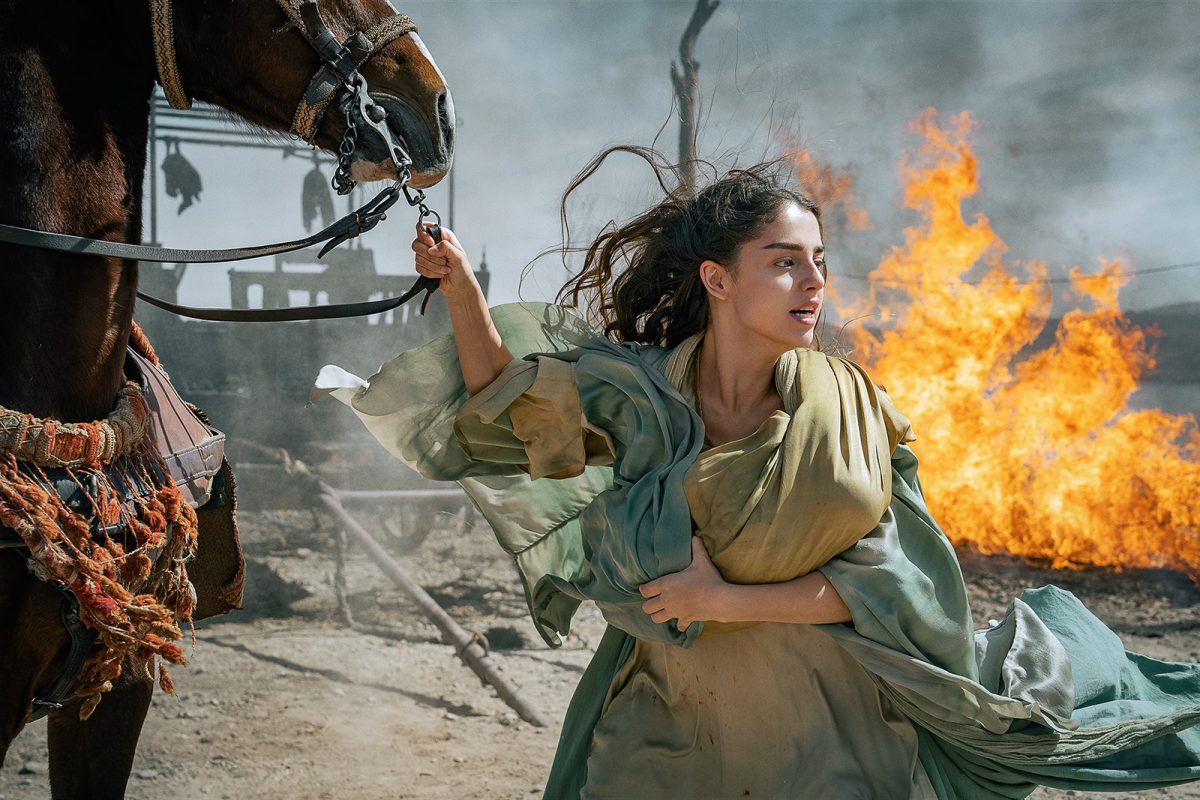
The decision to cast 22-year-old Noa Cohen as the mother of Jesus has sparked outrage among critics who argue that the film is tone-deaf to the ongoing Israel-Palestine conflict. Some have gone so far as to call it “profoundly offensive,” particularly given the portrayal of Mary as an extraordinary, universally adored figure.
Here’s the thing, though: Mary was a Jewish Israelite from Nazareth. In that regard, the film gets the basics right.
Remember the controversy surrounding Netflix’s four-part documentary Queen Cleopatra, produced and narrated by Jada Pinkett Smith? That production faced significant backlash over the casting of Black actress Adele James as the titular queen.
This time, it seems Netflix aimed for more authenticity by casting an Israeli actress in the role.
However, if any casting choice warrants criticism, it’s likely the selection of 86-year-old British actor Anthony Hopkins as King Herod. While he portrays the villain with some conviction, his performance feels more like Hannibal Lecter auditioning for Game of Thrones. It works, but it also feels slightly out of place.
RELATED: 9 Ideas Game Of Thrones Stole From The Bible
It Doesn’t Stick To The Bible Story
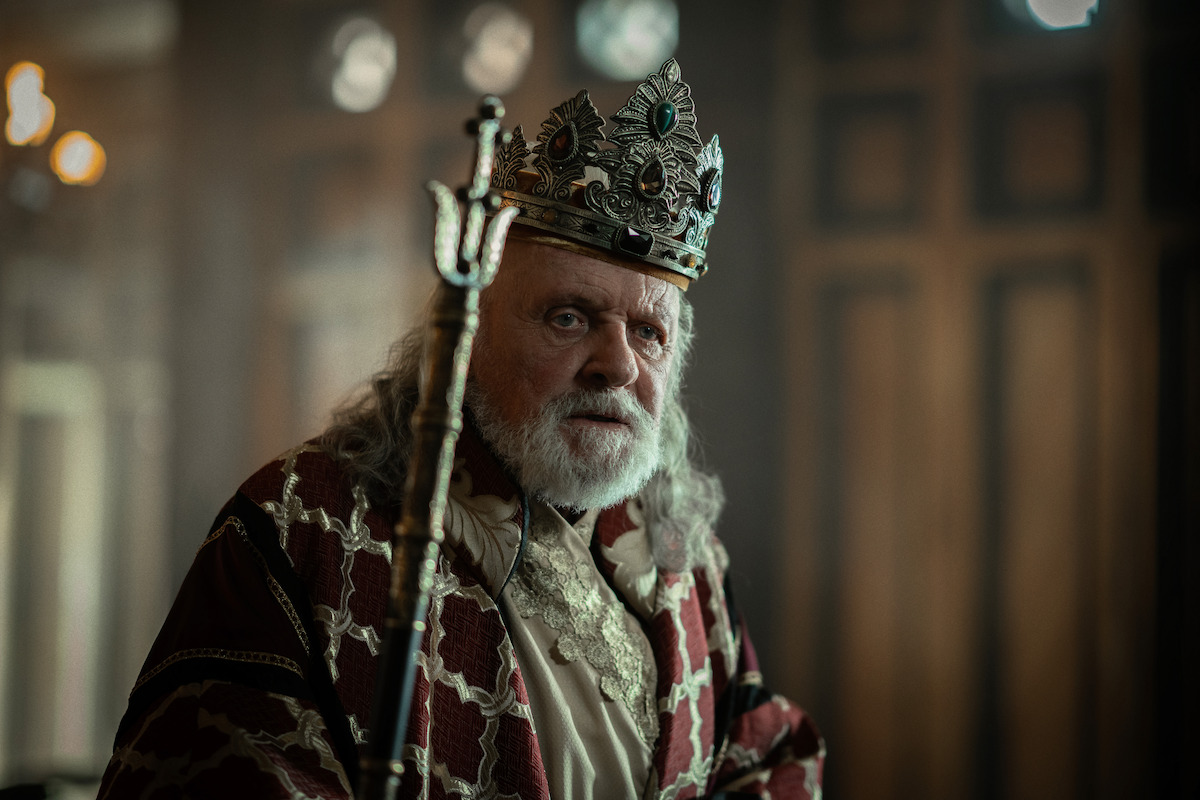
Netflix’s Mary, which currently holds a 34% rating on Rotten Tomatoes, has also faced criticism for its confusing genre. On one hand, it strives to be a melodramatic period piece about a humble carpenter’s wife. On the other, it weaves action and mysticism into the narrative, portraying Mary as an action hero of sorts. One moment, angels and demons (including the devil himself) are having conversations with Mary; the next, characters are dodging sword fights and leaping off rooftops to escape fires. The genre shifts are so jarring that even the holy angels might wonder if they’re watching The Matrix meets The Passion of the Christ.
The film attempts to humanize Mary by making her relatable at times, but as she shifts between a dutiful daughter and a rebellious religious figure, the story starts to feel more like a soap opera than sacred scripture.
That said, we can’t wait to see what Netflix has planned next for the JCU. After all, there’s still plenty of material to explore—like Mary, Joseph, and Jesus’ years in Egypt and their journey back to Nazareth.
RELATED: When Is The Passion of the Christ 2 Coming Out?
Tell us, did you enjoy Netflix’s Mary or do you think it changes things up too much?






